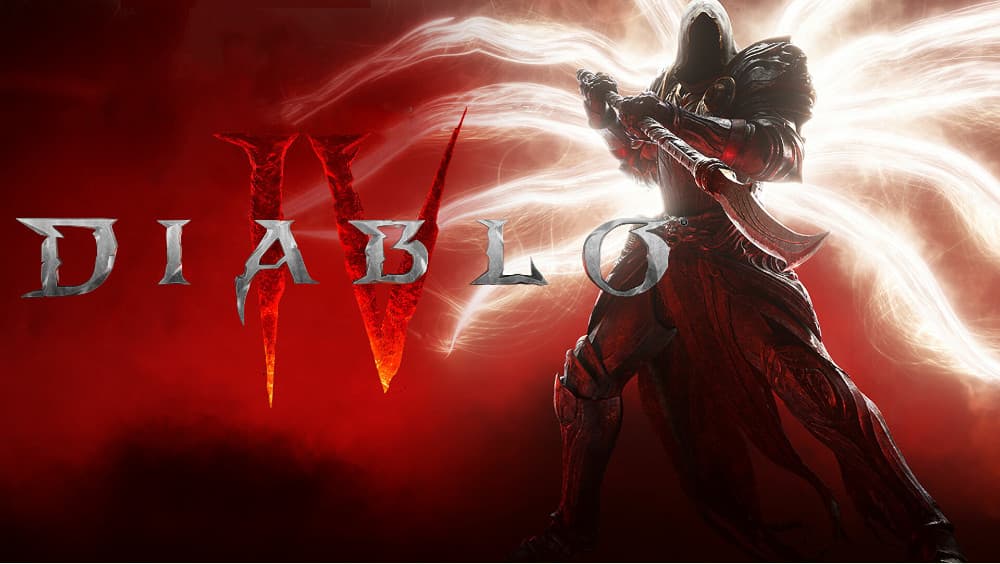The Ultimate Guide to BaoXing Bags
Explore the latest trends and styles in BaoXing bags.
Loot System Innovation: The Treasure Map to Player Engagement
Discover how innovative loot systems can transform player engagement. Uncover the treasure map to keep your gamers hooked!
Unlocking Engagement: How Innovative Loot Systems Transform Player Experience
In the ever-evolving world of gaming, innovative loot systems play a pivotal role in enhancing player experience and engagement. These systems not only reward players with unique items but also create a sense of excitement and anticipation. For instance, dynamic loot drops can adjust based on a player's in-game actions, making each encounter feel fresh and unpredictable. This approach can lead to an addictive gameplay loop, where players are eager to explore new challenges, just to see what treasures await them. Moreover, by incorporating rarity tiers and crafting options, developers can deepen player engagement, encouraging them to invest time into mastering the game's mechanics.
Additionally, community-driven events often leverage innovative loot systems to foster camaraderie among players. By introducing time-limited challenges or cooperative missions, developers can ensure that players not only compete for coveted rewards but also work together to achieve common goals. This communal aspect transforms the gaming experience into a shared journey, enhancing the overall value of the loot acquired. When successfully implemented, these innovative systems can lead to a thriving player base, where engagement is consistently fortified by the allure of new rewards and collaborative gameplay.

Counter-Strike is a popular first-person shooter game that has captivated gamers since its release. Players compete in teams, executing strategic missions and engaging in intense firefights. For those interested in enhancing their gaming experience, don't miss out on the csgoroll promo code to unlock exciting features and rewards.
The Science of Loot: Understanding Player Motivation in Game Design
The concept of loot in video games transcends mere rewards; it taps into the psychology of players, driving their motivation and engagement. Understanding player motivation is crucial for game designers, as it helps them create compelling experiences that resonate deeply with their audience. Players are often propelled by the desire for accomplishment, the thrill of discovery, and the collection of unique items. This desire can be categorized into several psychological drivers, such as achievement, exploration, and social interaction. By tailoring loot systems to align with these motivations, developers can enhance player satisfaction and retention.
Moreover, the science of loot extends beyond just the individual player experience; it plays a significant role in shaping community dynamics within games. For example, the presence of rare loot can foster a sense of competition among players, prompting them to team up or compete against each other. Such interactions can lead to lasting relationships, as players share strategies and experiences related to loot acquisition. Therefore, incorporating a well-thought-out loot system not only fuels individual motivation but also enriches community engagement, making it a vital element in modern game design.
Are Traditional Loot Systems Dying? Exploring New Approaches to Player Rewards
The landscape of gaming has evolved rapidly, raising the question: Are traditional loot systems dying? For years, players have relied on randomized drops and static treasure chests to reward their in-game efforts. However, as player expectations shift towards more engaging and meaningful interactions, developers are exploring innovative approaches to player rewards. Systems such as battle passes, crafting systems, and dynamic rewards are gaining traction, creating a more personalized experience that resonates with diverse audiences.
One compelling alternative to traditional loot systems is the implementation of player-driven economies. In these scenarios, players can trade, craft, or even create their own items, fostering a sense of ownership and investment in the game world. Additionally, the rise of live-service games has introduced evolving reward systems that adapt to player behavior and preferences. As developers continue to seek fresh strategies to enhance player engagement, the traditional loot box may soon become a relic of the past, replaced by more immersive and satisfying frameworks.